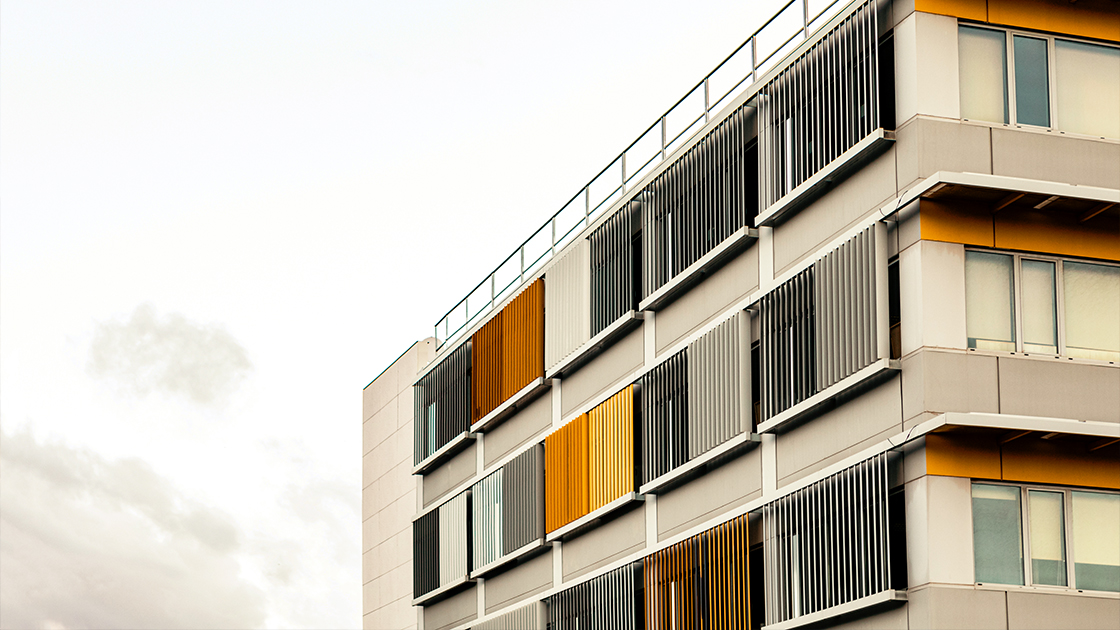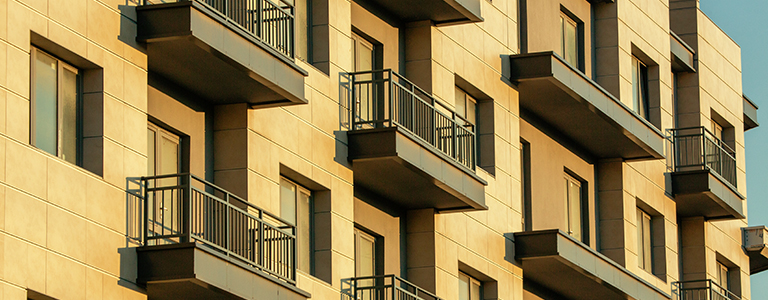How to Deal with Common Pool Issues
Many strata companies in Sydney dream of a perfectly crystal-clear pool for their occupants to enjoy. It is a commonly coveted dream to have a perfect pool all year round without any maintenance or effort. Unfortunately, the reality is that there are many factors involved to keep a pool at its best, including installation and maintenance.
Your dream pool as a strata manager is not impossible to obtain but will require balance and attention to detail. Keep reading below to learn more about how residential or community strata management can deal with common pool issues.
How strata companies in Sydney can ensure proper pool installation
The first step when avoiding pool trouble is always in the installation process.
When researching for a suitable pool installation company, look for a team with experience, reputable reviews and previous installation projects. Many small-scale pool installation companies may be experienced in installing backyard pools, but not in a community/high-rise residential setting.
It’s important to consider the safety regulations when planning and building your common pool and pool area. Check your strata by-laws to ensure you follow all local and legal safety guidelines for an indoor or outdoor pool.
Some of the things often considered for these projects include:
- Safety signage
- Depth indication
- Ladders and steps
- Pool heating equipment safely installed
- Pool protection when not in use and winter seasons
- Regular water quality checks
- Level surfaces and tiling
Pools could be an immense liability and a safety hazard if not properly installed and looked after. It’s extremely important to be diligent and make sure your occupants are safe in every way when using the common pool area.
 Pool maintenance tips for strata management in Sydney
Pool maintenance tips for strata management in Sydney
Green water may be the most common pool issue for pool owners worldwide. With a large collection of water such as a pool, you’re bound to face natural microscopic growth as water sustains life. Your pool isn’t much different from any lake or dam. What makes all the difference is maintenance and treatment.
Waking up to a lovely shaded green pool is most likely due to a fresh crop of algae growing in the water. You’ve most likely skipped testing your pool and the chlorine levels have dropped below what is needed to prevent algae growth.
This issue has a fairly easy solution which can be done in 4 steps:
- Test the water to confirm the cause
- Shock your pool to kill the algae
- Clean the walls and surfaces
- Vacuum your pool to remove dead algae
The pool won’t be available for use until the treatment process is complete, so make sure you monitor your pool’s chlorine levels regularly.
On the other hand, some strata managers or pool maintainers can be lazy and do a shortcut fix instead. Although the idea of dumping an insane amount of chorine into pools at one time seems like less effort, doing so can pose a health risk to people.
The only way to keep a pool clean is by consistent monitoring and regulated doses of chemicals.
If you see debris build-up in your pool, your filter probably needs a thorough clean.
Your pool water should be clear to the point where you can see the bottom of the pool. If it’s looking murky, the pH levels of the water may be off although this isn’t hard to fix either.
Likewise with cloudy water, which is usually a result of a build-up of bacteria, test the water to identify the cause and treat accordingly with the right chemicals and the right amount to avoid irritation after swimming,
For more enquiries or assistance regarding proper strata property management, visit our website today or call on 1300 033 947.


 Pool maintenance tips for strata management in Sydney
Pool maintenance tips for strata management in Sydney
 Potential renters will notice dirty areas, smelly odours, graffiti, litter and poor paint jobs and consider this when applying for a property. The expected common areas they’ll care to see and investigate include shared gardens, rooftops, laundry rooms, stairwells and entryways.
Potential renters will notice dirty areas, smelly odours, graffiti, litter and poor paint jobs and consider this when applying for a property. The expected common areas they’ll care to see and investigate include shared gardens, rooftops, laundry rooms, stairwells and entryways.





















